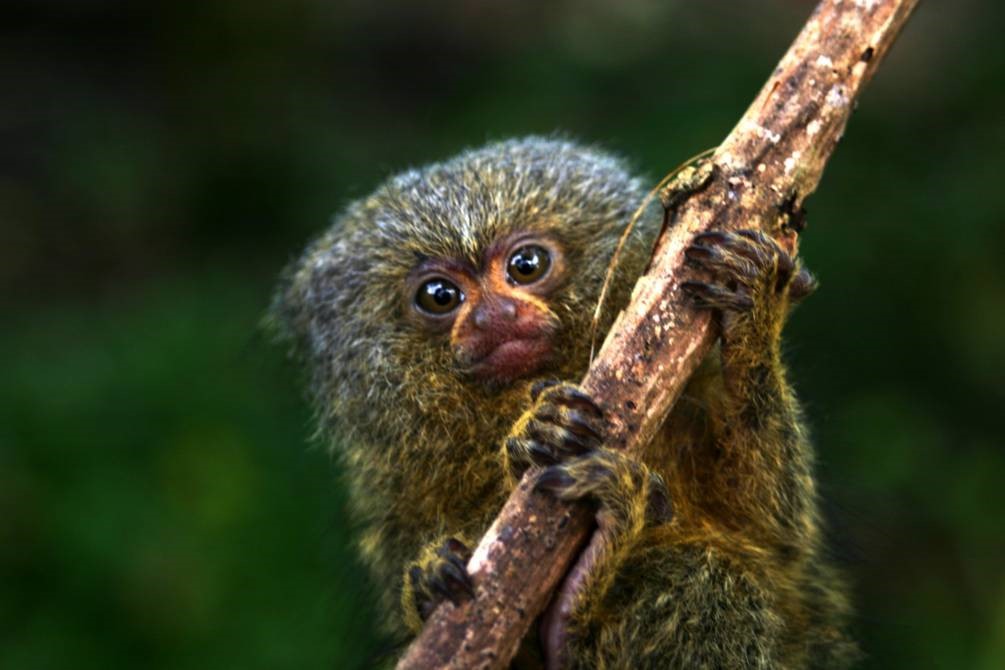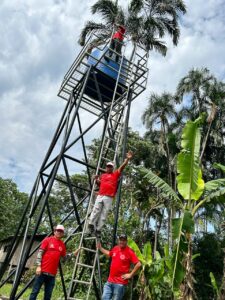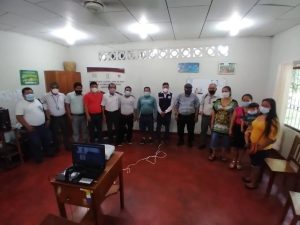Stella de la Torre, founding member of Fundación Raíz Ecuador – Caemba, led a study confirming the existence of a new species of pygmy marmoset in the Ecuadorian Amazon, where it was previously believed that only one species existed.
According to El Universo, the study has been conducted since 2015 by Stella De la Torre, professor and researcher at the College of Biological and Environmental Sciences (COCIBA) of USFQ, in collaboration with primatologists from Northern Illinois University and University of Michigan-Ann Arbor in the United States, and from the Institute of Amazonian Research in Peru.
According to the researchers, the analyzed information allowed them to determine the existence of two species of marmosets in Ecuador. The Napo River separates these two species in Ecuador. In the northern Amazon, the species Cebuella pygmaea is located, while in the south inhabits the Cebuella niveiventris.
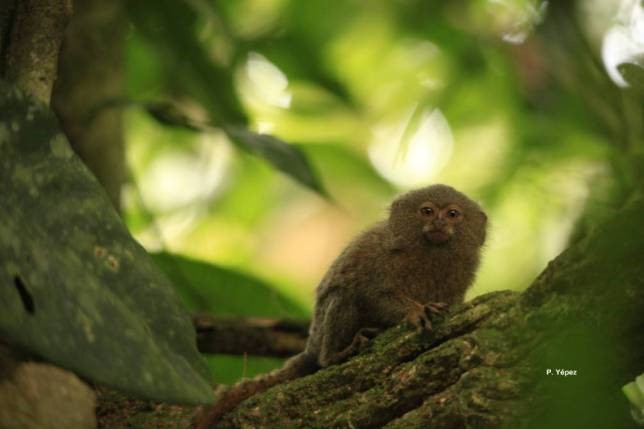
Photos: Pablo Yépez, Executive Director of Fundación Raíz Ecuador
Lorem fistrum por la gloria de mi madre esse jarl aliqua llevame al sircoo. De la pradera ullamco qué dise usteer está la cosa muy malar.
Fundación Raíz Ecuador congratulates Stella de la Torre for her important work contributing to science, biology, and above all, biodiversity conservation, in an area where Raíz works in favor of indigenous peoples, mainly Siekopai and Kichwa.
We are proud of her work, as it reaffirms the importance of scientific research and environmental conservation to preserve species like these. Deforestation, illegal hunting, and epidemics affect the sustainability of the habitats where these primates live, primarily gallery forests, riverbanks, and lagoons in the Amazon.
Species Characteristics
Pygmy marmosets are considered the smallest primates in the world. In adults, the length of the head and body together barely reaches 12 to 16 centimeters, and their weight ranges from 100 to 140 grams. They live in family groups composed of an adult male and female and their offspring of various ages.
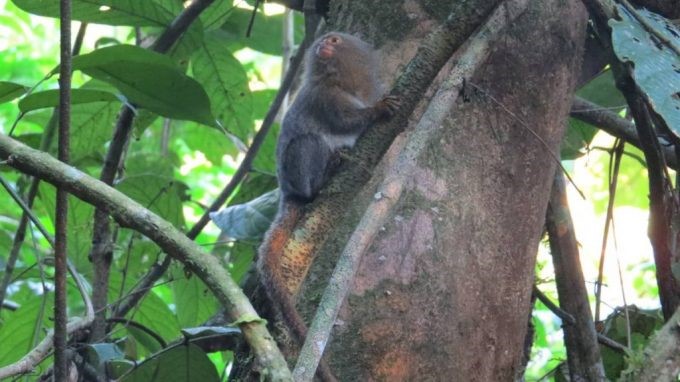
The 2011 edition of the Red Book of Mammals of Ecuador determined that pygmy marmosets were listed as vulnerable species and, therefore, protected by the State. Their hunting, capture, and trafficking are punishable by imprisonment from one to three years.

